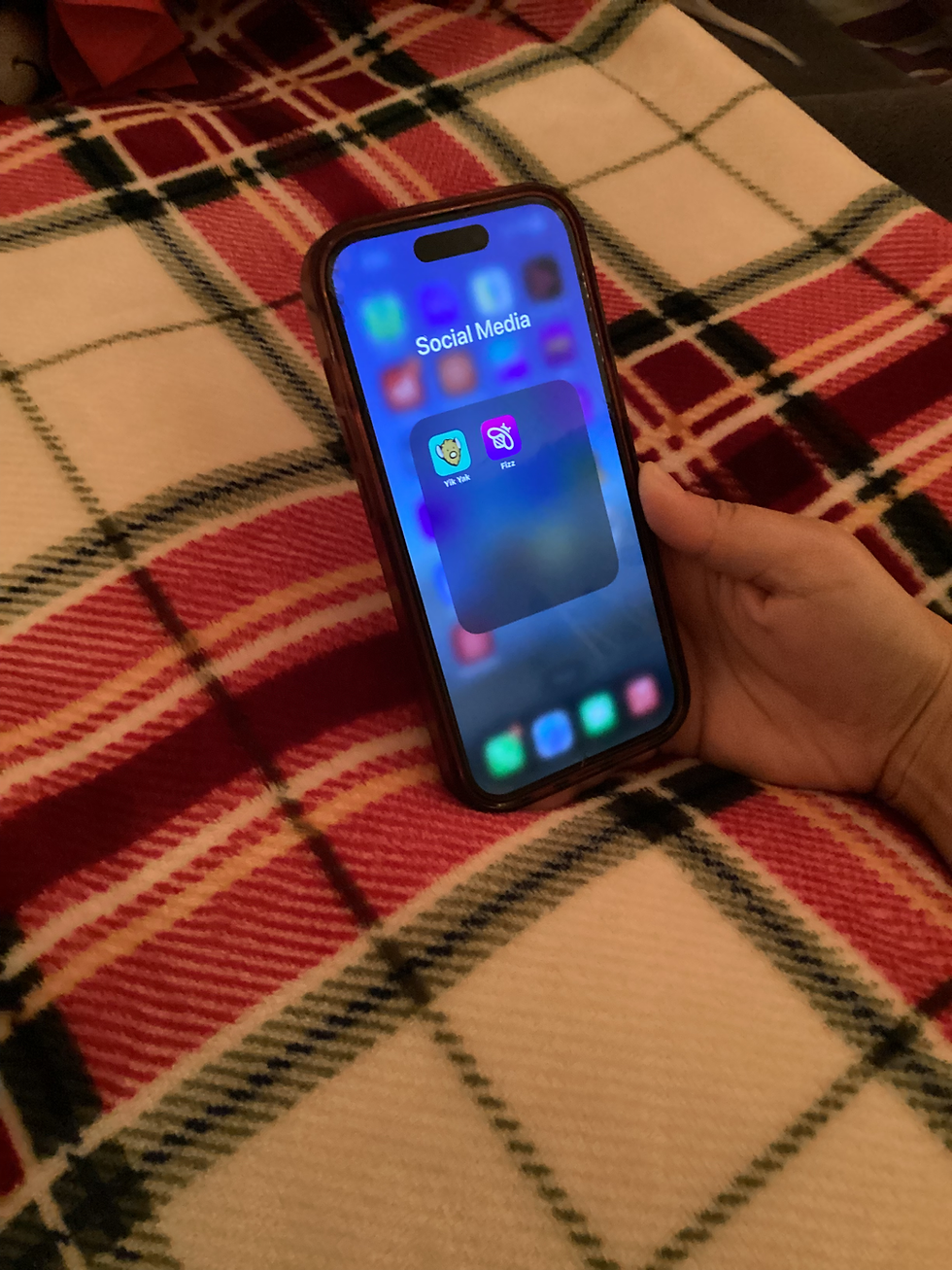Reflecting on SU’s annual GULL Week
- Staff Writer

- Sep 16, 2021
- 2 min read
Updated: Sep 16, 2021

GULL Week was created in spring of 2015, to gather data from students to improve their education and experience at Salisbury University.
The event returned to in-person after taking a virtual approach because of the COVID-19 pandemic, and started last week.
GULL Week is an acronym standing for Gaining Understanding as a Lifelong Learner, and it happens for one week each year. Undergraduate students are assessed on their knowledge and skills regarding the general education program at SU.
Dr. Sarah Winger, assessment coordinator for University Analysis, Reporting & Assessment at SU, described the week as a way for the university to check in with students and see where they may need more support.
“As an institution of higher education, we are continuously … helping our students and making sure they’re engaging in the best experiences and education possible,” Winger said. “This helps us to know that we are doing all that we can or improving things where we can.”
After adjusting the event in recent years due to COVID-19, Winger said that the registration and turnout have been lower this year than in years prior.
“We also realize this is a pandemic and there were two years of students who had never participated or heard about it,” Winger said.
GULL Week coordinators relied heavily on professors, organizations and orientation leaders to get the word out.
Amelia Nail, a sophomore at SU who participated in GULL Week for the first time this year, said that she signed up for extra credit and to support her sorority.
“I honestly feel like the thing that hooked me was the extra credit,” Nail said. “I feel like if more teachers did that it would get more students involved.”
Extra credit was not the only incentive to encourage students to register. Participants could also receive recognition for an organization that they belong to, t-shirts designed by a fellow SU student, monetary prizes, points for their residence hall in SU’s upcoming Gull games and more.
Emily Rager, a freshman at SU, said that she signed up for the event after hearing about it from her orientation leaders and professors. She wanted extra credit, but also to help the school gather data needed to adjust the experience of students like herself.
“I think it can be (beneficial) because everyone comes in from different backgrounds and school systems,” Rager said.
Rager compared her assessment to standardized tests that she had taken in the past, as she was provided testing tools like scrap paper and a pencil. She said that the tests would be telling of where students stand in terms of knowledge regarding general education courses.
After all GULL Week assessments have been submitted, the data will be analyzed and put online. These reports will help SU tweak their general education program and possibly other areas of life as a Seagull.
The data will be used in a new “Partner Presentations” series that will allow campus experts, on the topic of a certain assessment, to provide professional development for SU’s faculty and staff. UARA is also working with the scholarship of teaching and learning and the faculty learning community to provide useful resources and share best practices.
To learn more about GULL Week and see general education outcome assessment reports from past years, visit https://www.salisbury.edu/administration/academic-affairs/university-analysis-reporting-and-assessment/gull-week/.
By GEORGIA FOSTER
Staff writer
Photo courtesy of Salisbury University Website GULL Week





Comments